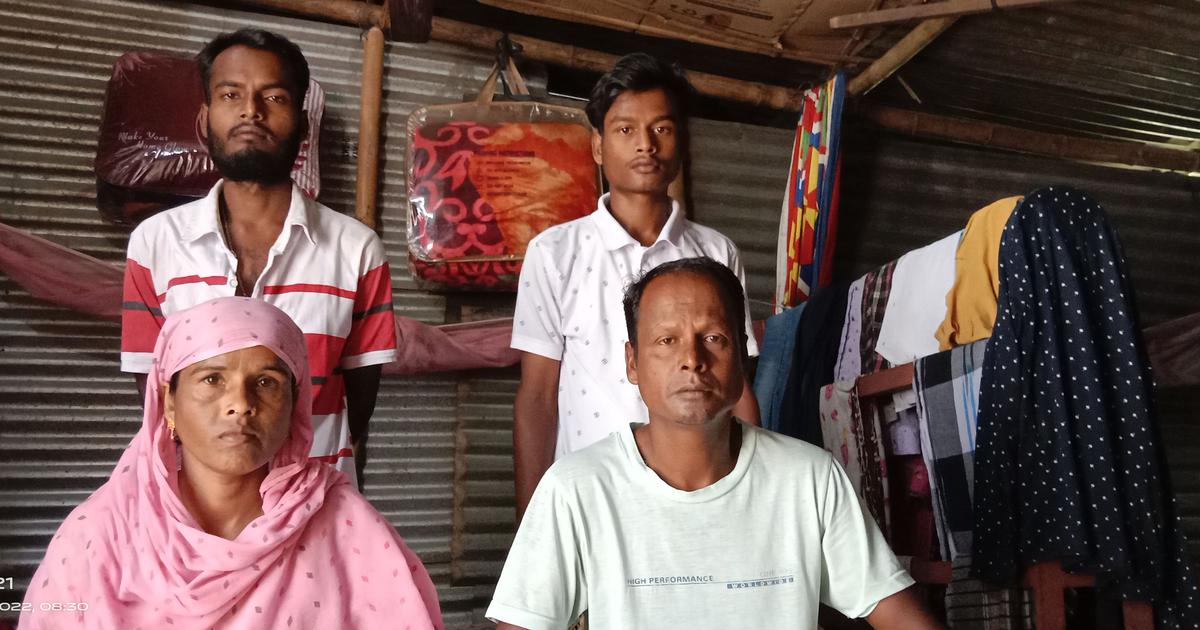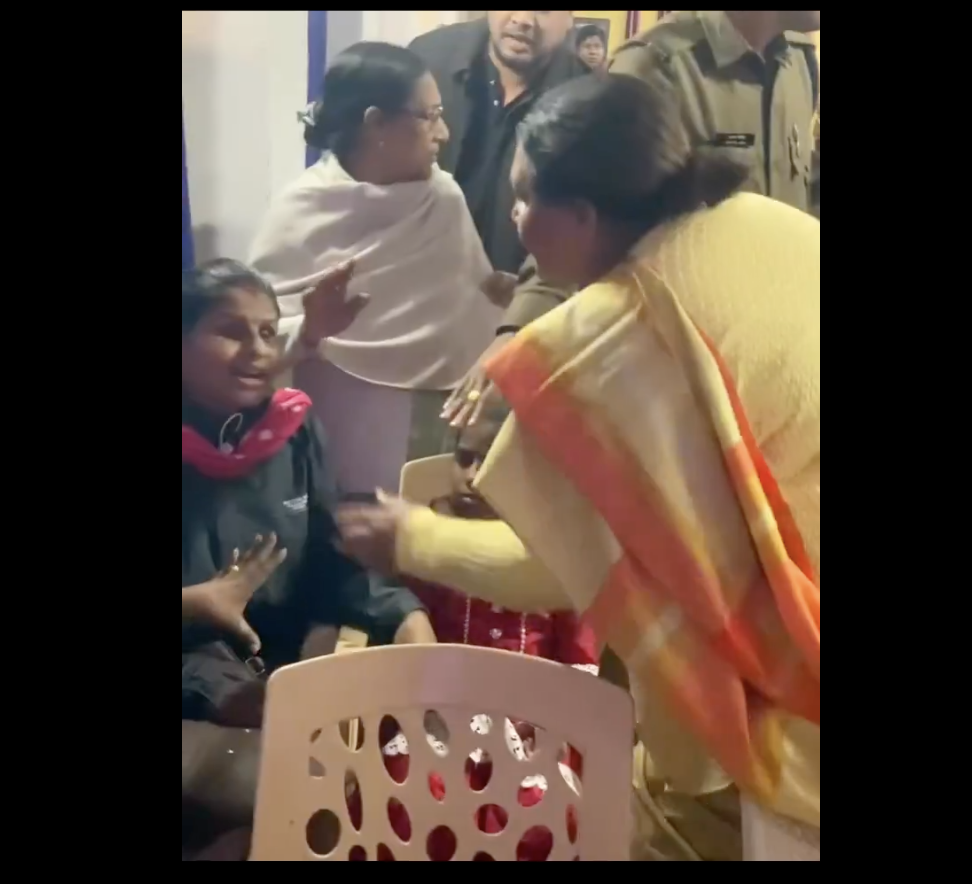
By Rokibuz Zaman / Scroll
Thirty-seven-year-old Moiful Begum cooks and cleans at four different houses in Guwahati. Over seven hours of work a day earns her Rs 5,000-6,000 per month. Her husband, 40-year-old Ashraf Ali, is a daily wage labourer.
The couple have managed to eke out a living in the big city for the last 15 years. They live in a small, rented tin roof hut, far from their home in Safaidalgaon village in Assam’s Darrang district.
Until recently, they would rely heavily on subsidised food acquired with their ration card, which they got 20 years ago. Under the National Food Security Act, Moiful Begum’s four-member family were getting 20 kg of rice every month. They bought about 15 kg of rice to supplement this.
In the last three months, however, life has grown harder. Assam has made it mandatory to link ration cards with Aadhaar – the 12-digit unique identification number issued by the central government. Moiful Begum has been denied rations since she does not have an Aadhaar.
“Now, we manage to survive somehow with the little wages we get,” she said. “We are poor people, the free rice helped keep us from starvation.”
At the root of the problem is a tangled bureaucratic process. In Assam, the government halted Aadhaar registrations in 2017, when just 7% of the population had enrolled. This was because the state was updating its National Register of Citizens, which was meant to be a list of Indian citizens living in the state, sifted from undocumented migrants.
This story was originally published in scroll.in . Read the full story here






